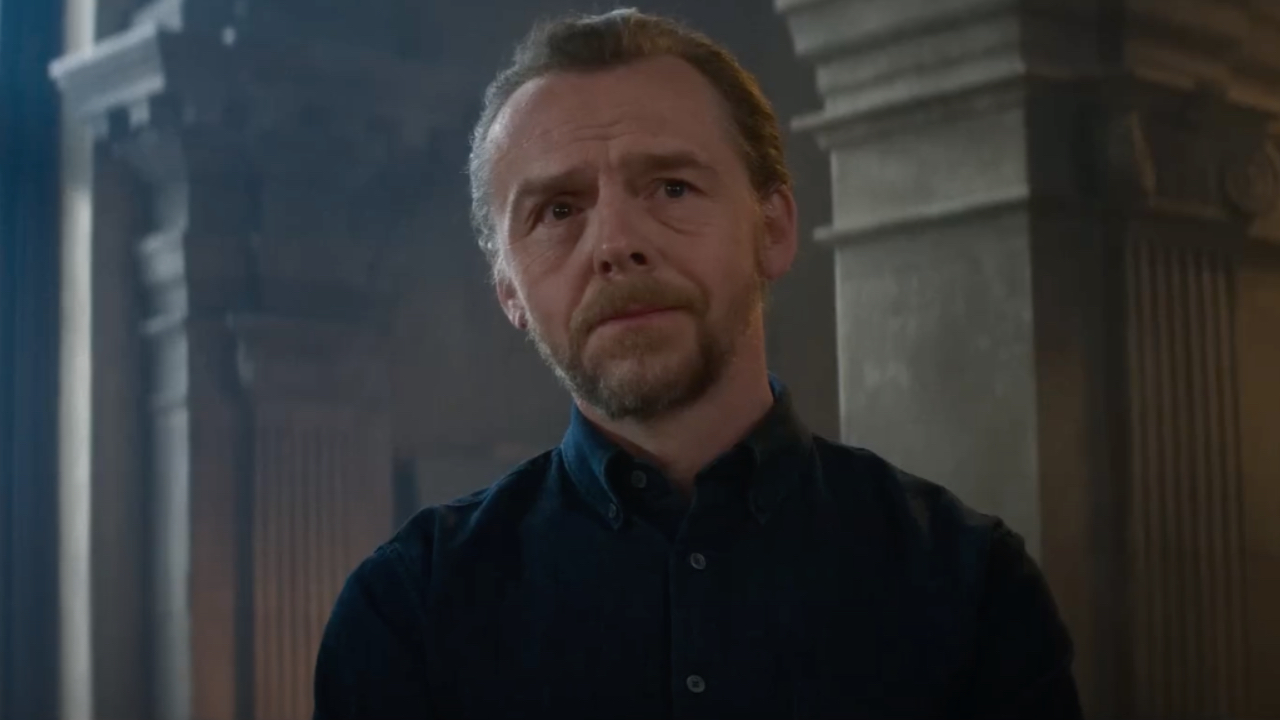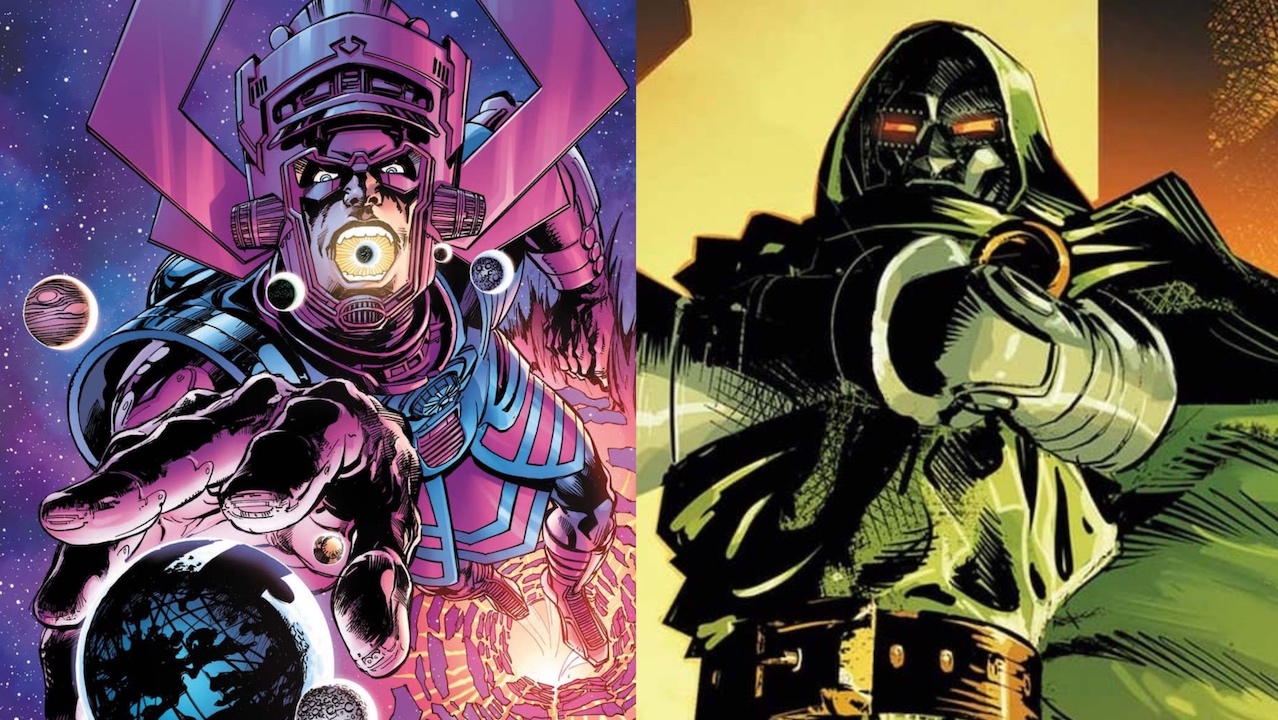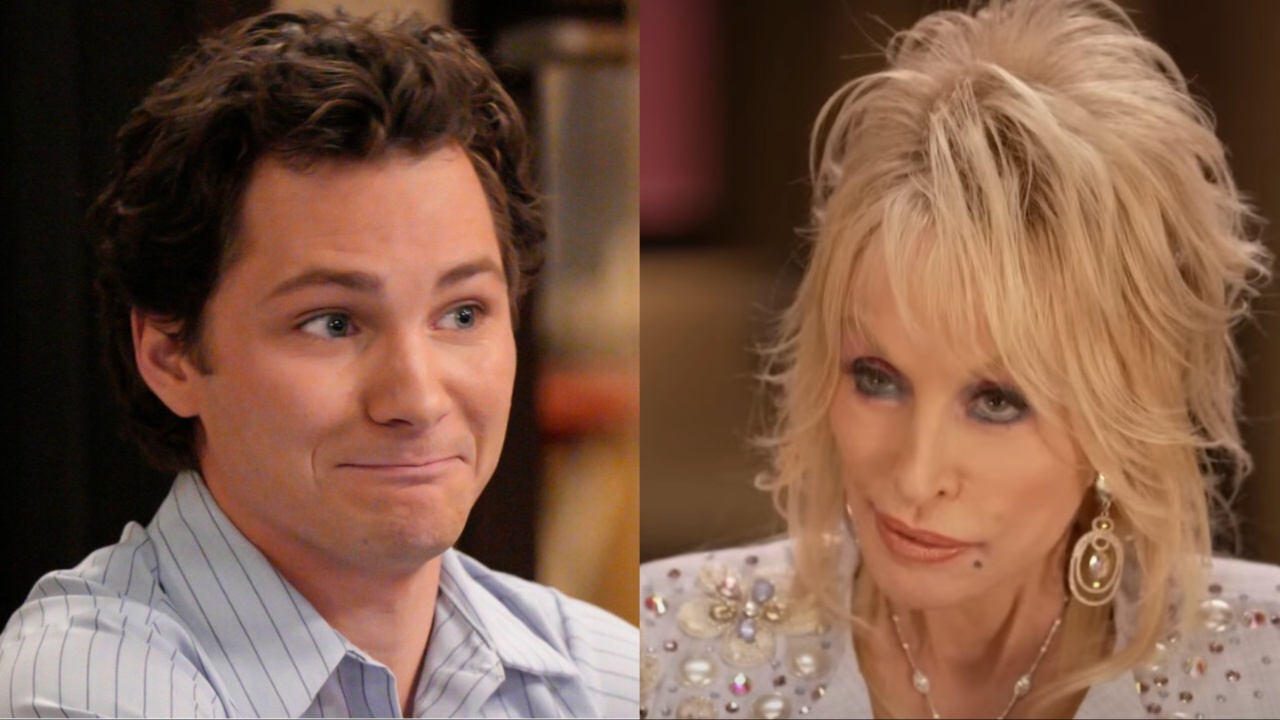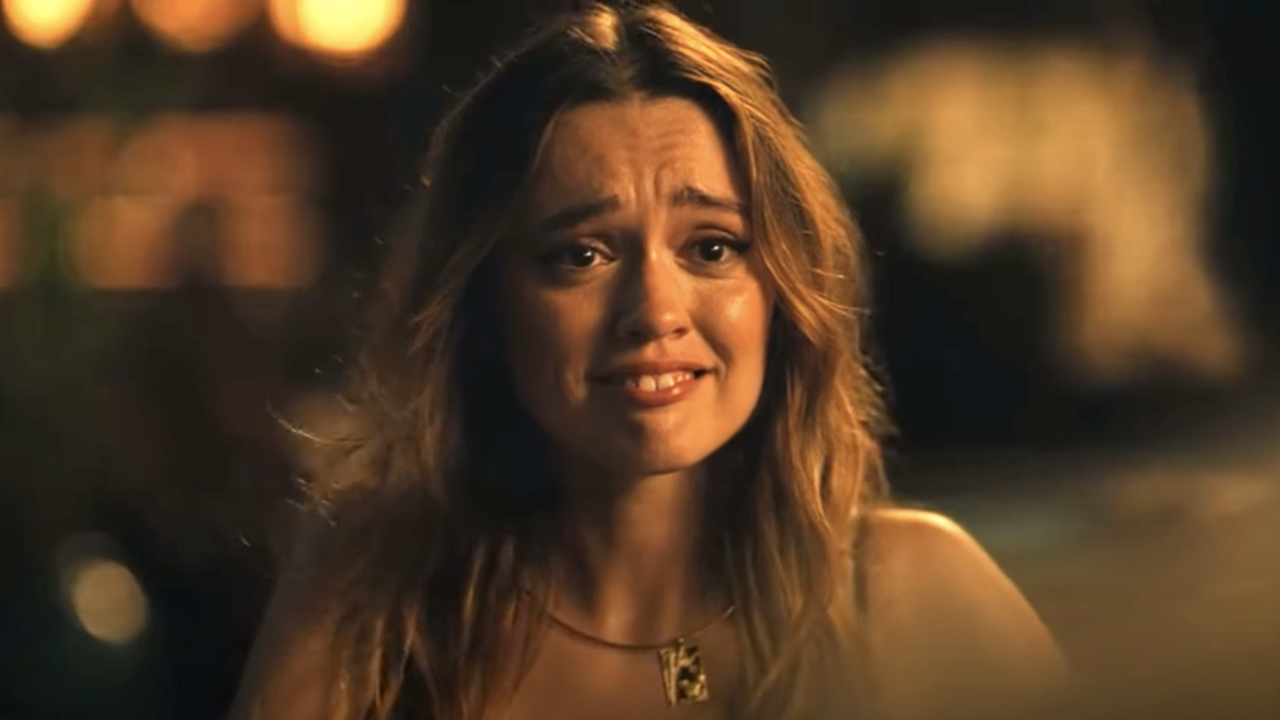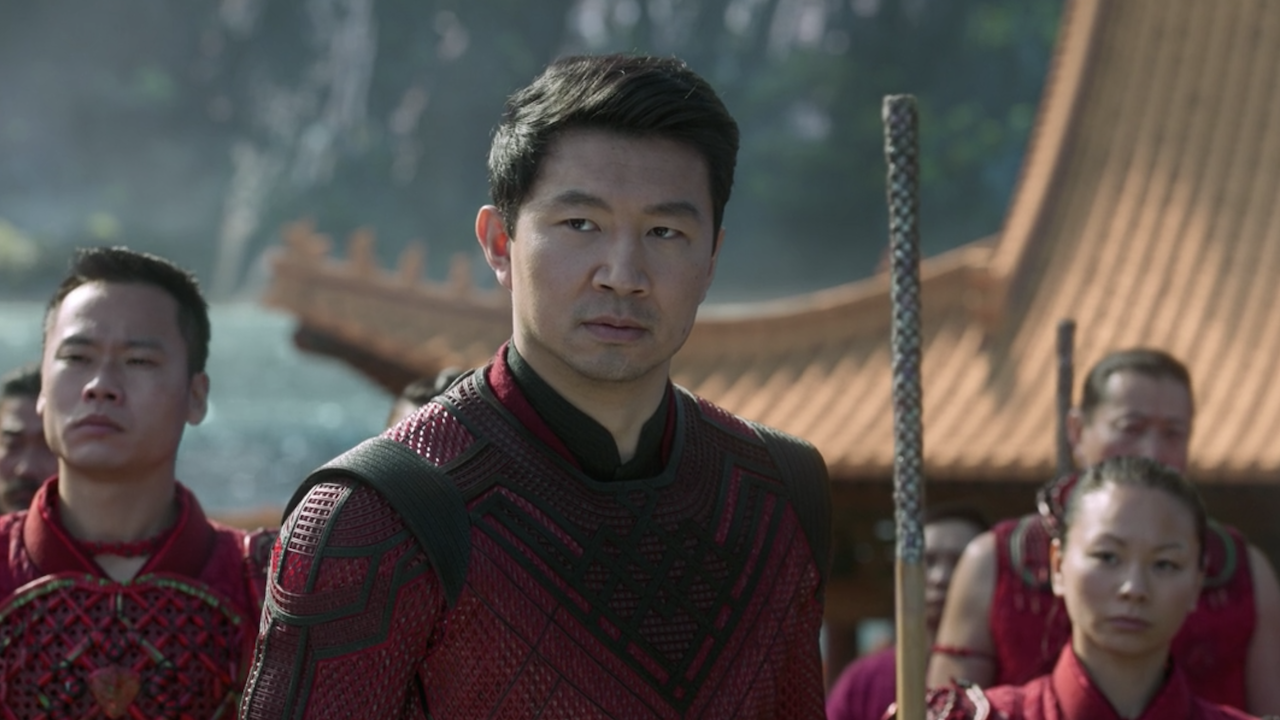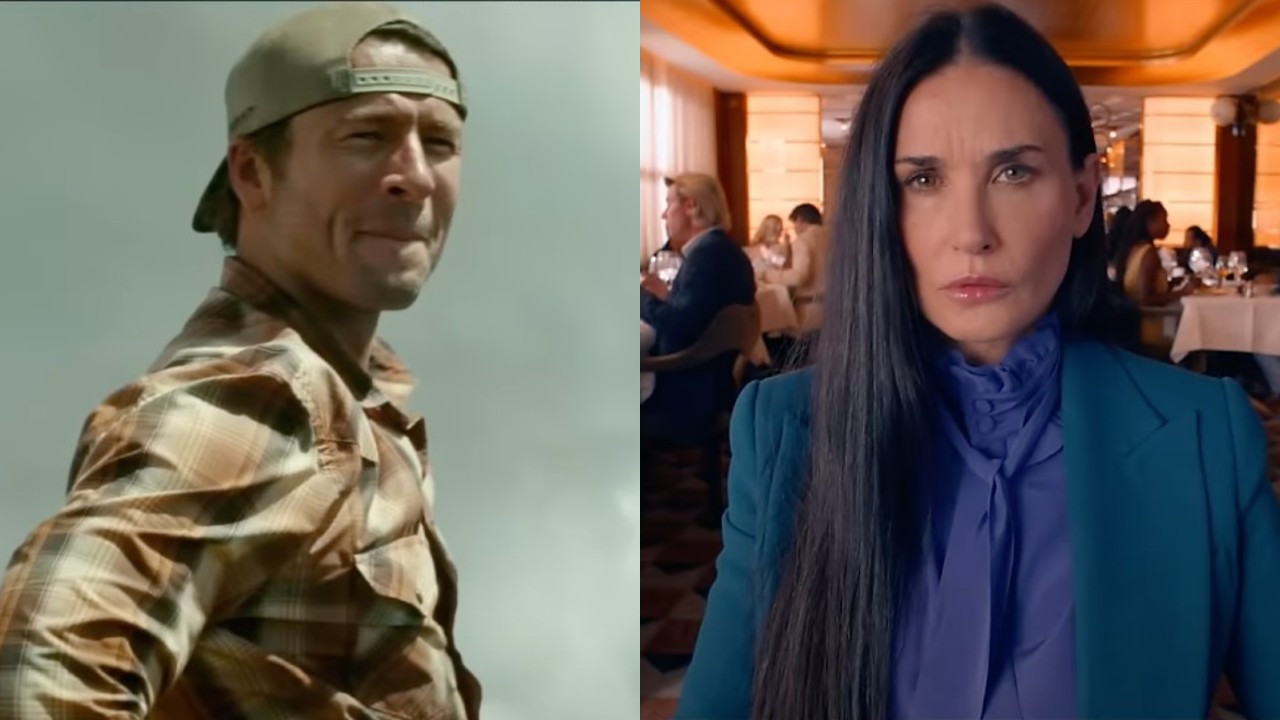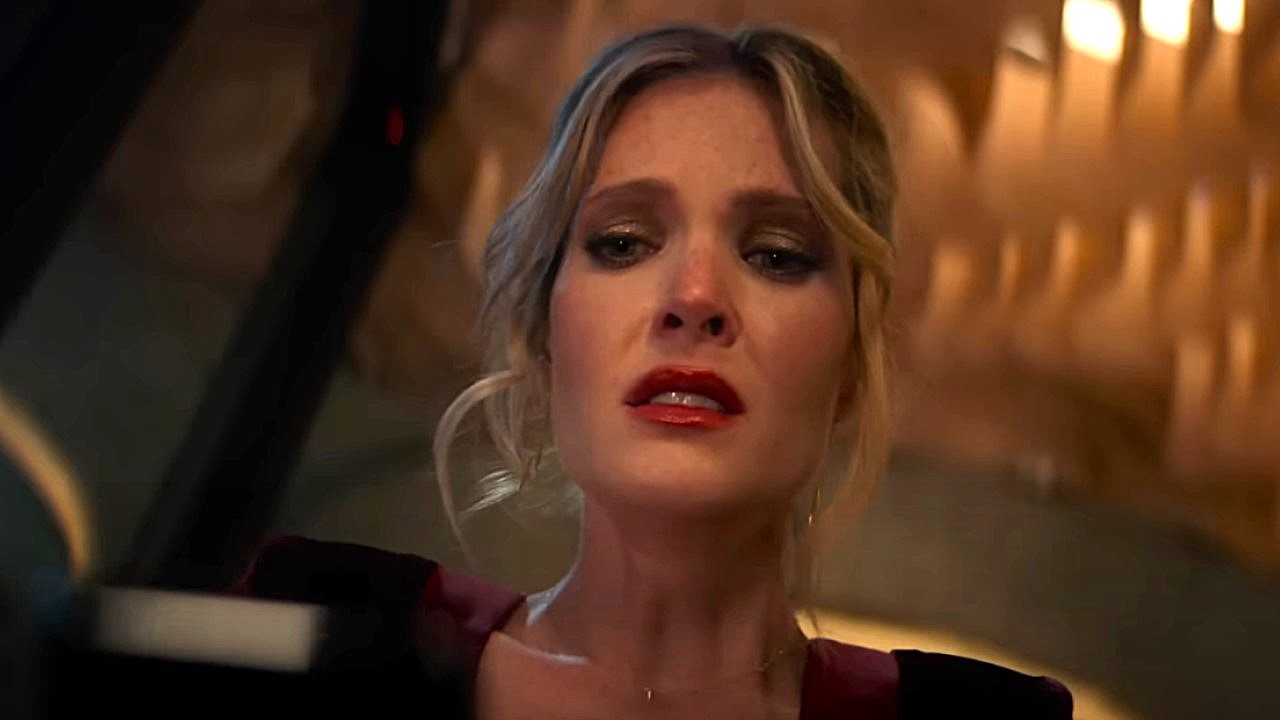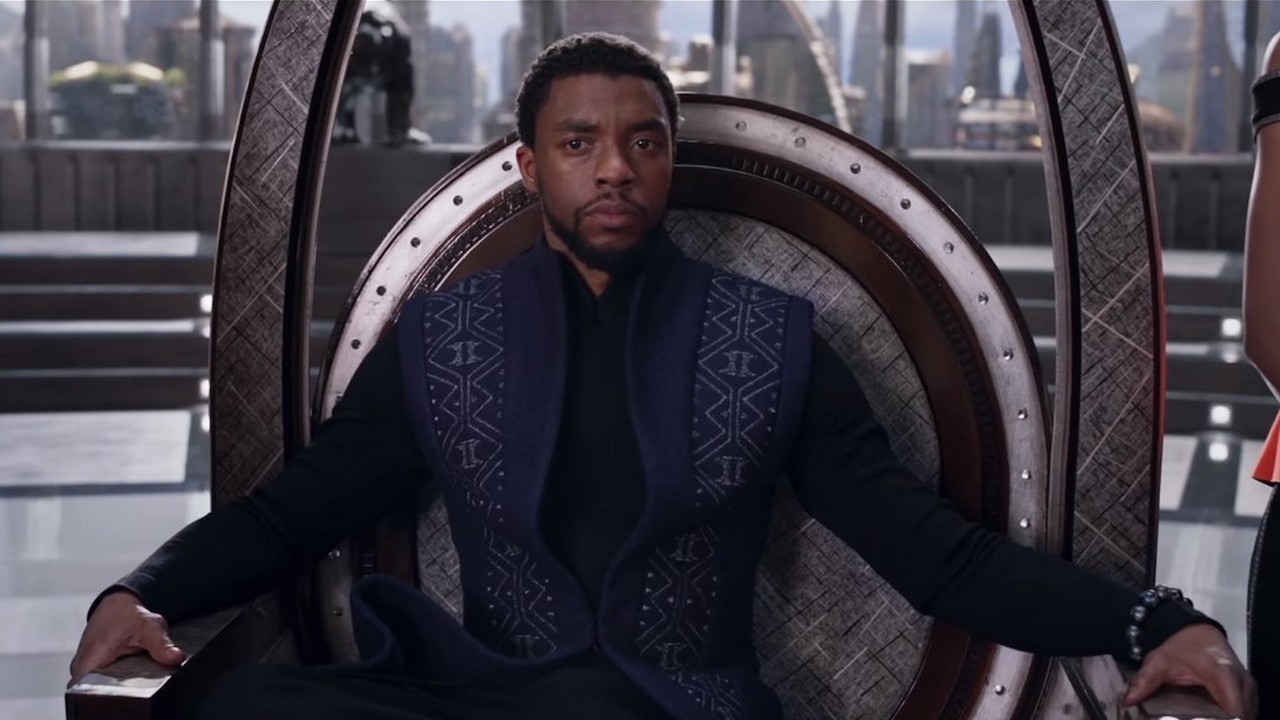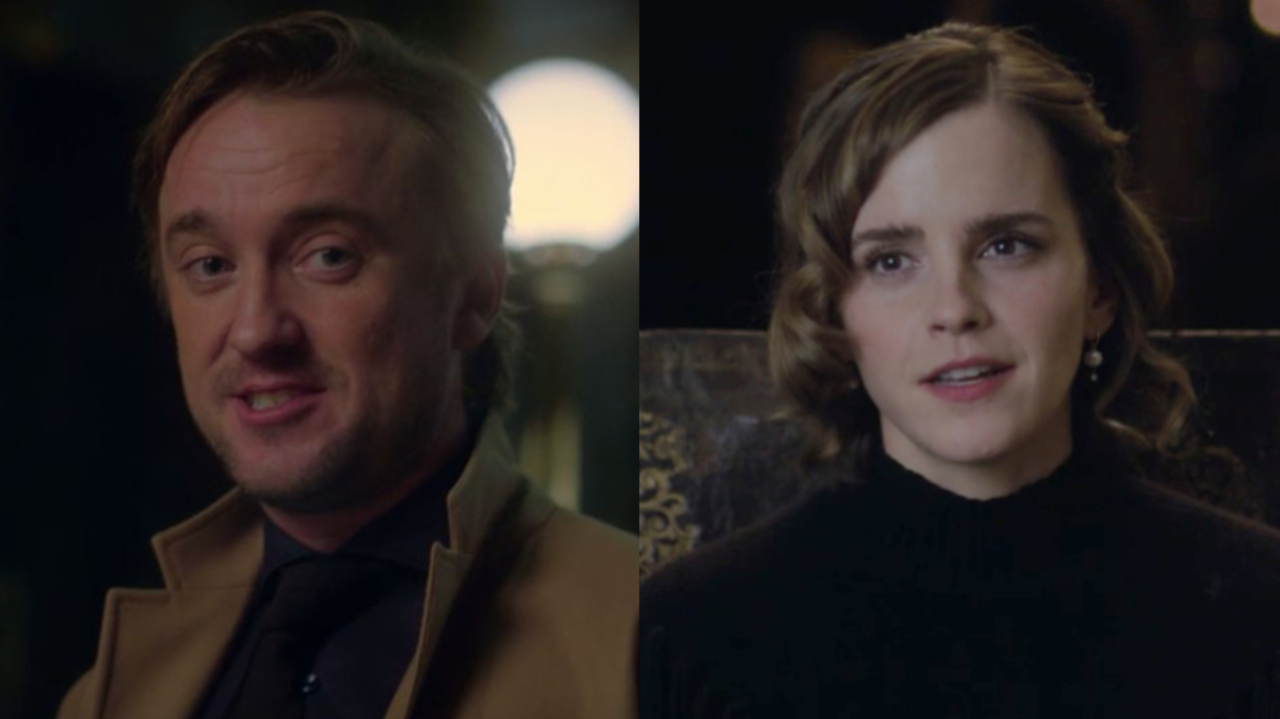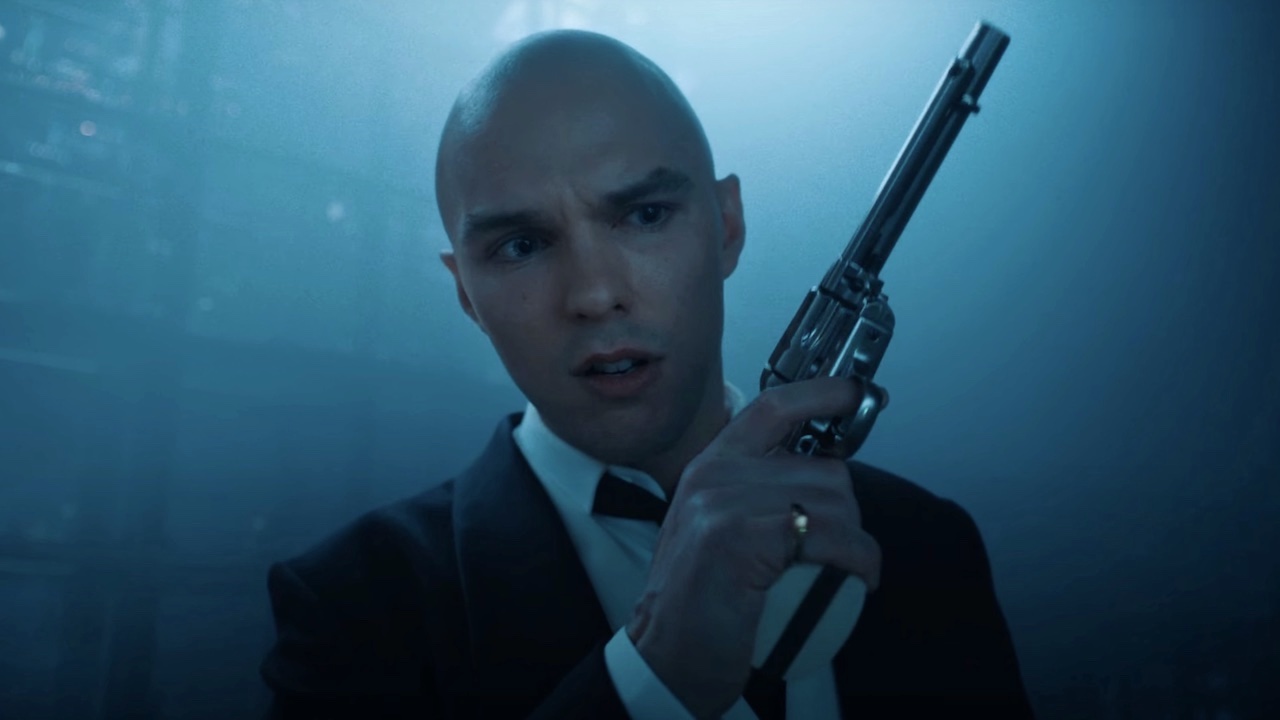Zodiac Ending Explained: Is Arthur Leigh Allen The Zodiac Killer?
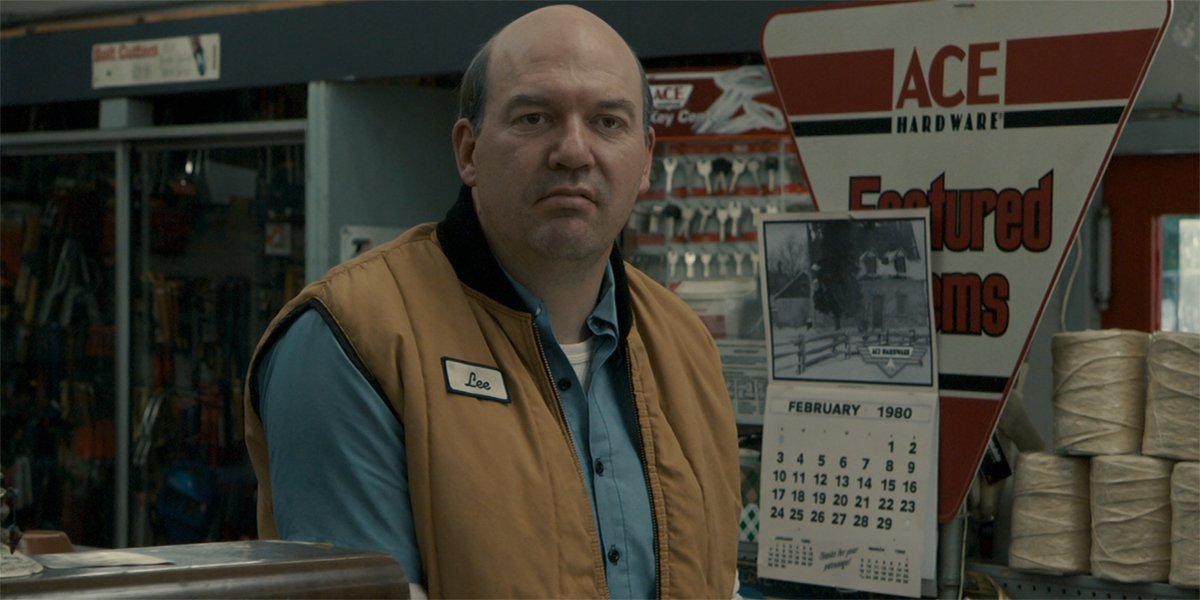
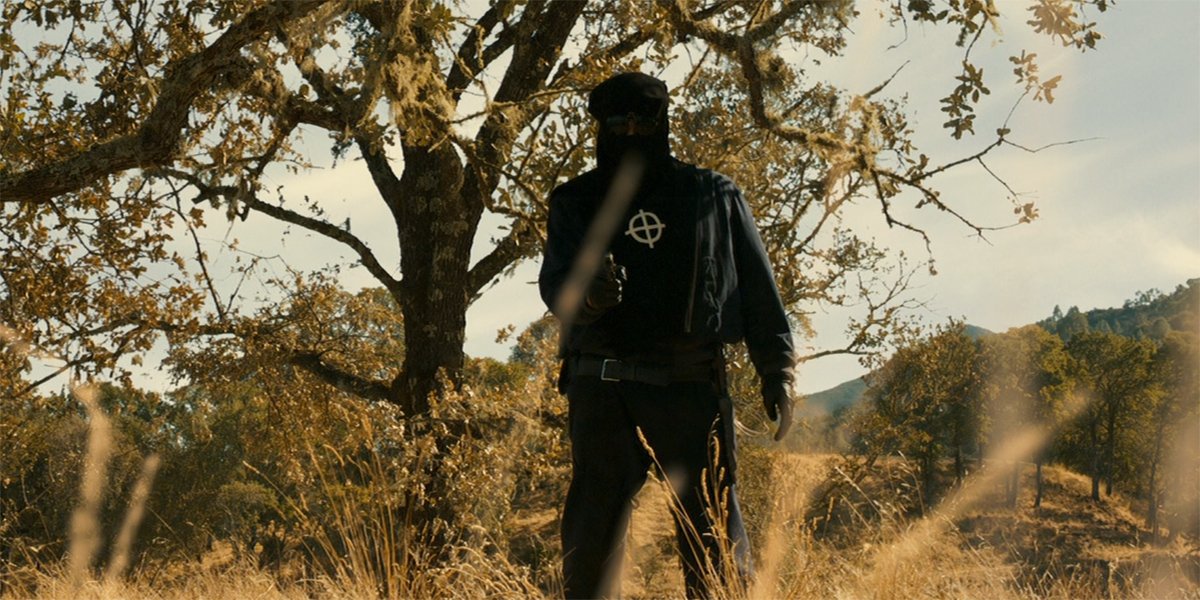
It’s fitting that one of the most notorious mysteries in modern American history would be at the center of one of the greatest crime films ever made. The mystery of the Zodiac Killer – a serial murderer who terrorized the San Francisco Bay Area for years during the 1960s and 1970s – is a case that has inspired heaps of speculation, but no firm conclusions, and David Fincher’s 2007 movie is a remarkable epic chronicling that time and the search for answers. Naturally, the feature adaptation of events doesn’t conclude by wrapping up the whole story with a bow, as it primarily sticks to events that happened in reality, but Zodiac’s ending does make a pointed effort of shining a light on Arthur Leigh Allen, played by John Carroll Lynch, as a key suspect.
Because the story of the Zodiac Killer doesn’t have any kind of definitive ending in real life, the ending of David Fincher’s movie is fascinating in its own way – and invites the audience to dig deeper and develop their own explanations based on the evidence provided. Looking back at the remarkable entry in the legendary history of crime films, let’s dive deep into the ending of Zodiac and explore…
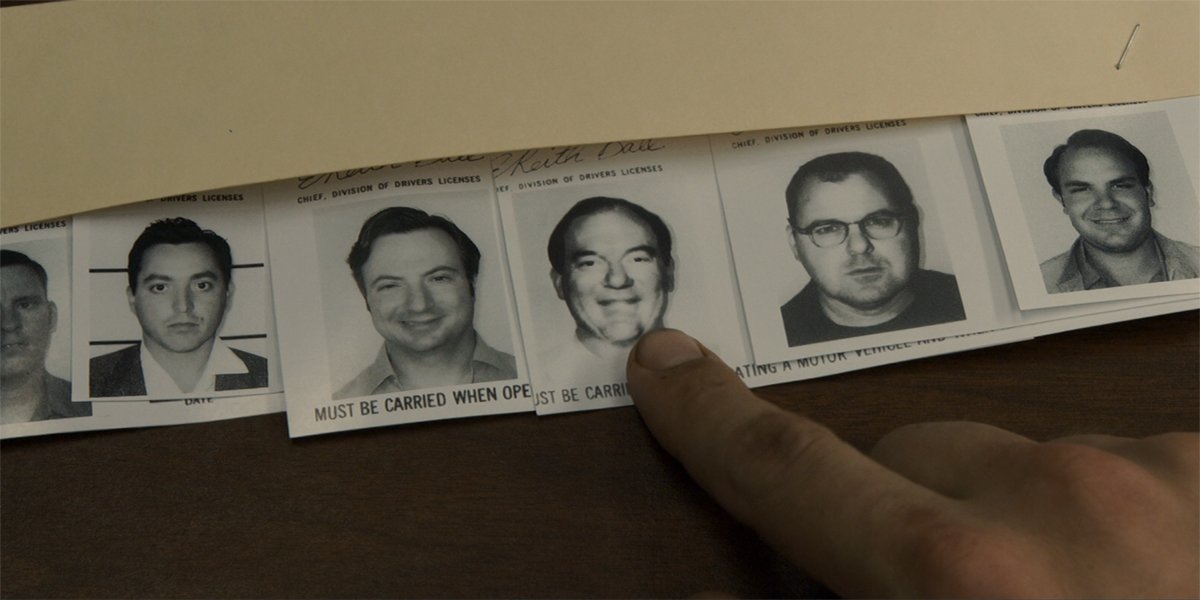
What Happens At The End Of Zodiac
The third act of Zodiac follows Robert Greysmith (Jake Gyllenhaal) as his personal investigation to uncover the identity of the Zodiac Killer takes over his life, and reaches a depressing climax when his wife Melanie (Chloë Sevigny) comes by their former home to drop off divorce papers. The place is a mess, as the rooms are filled with stacks of documents being examined as potential evidence, and Greysmith is stressed from repeated anonymous phone calls where all that comes from the other end of the line is heavy breathing.
Melanie laments the trajectory of their relationship, knocking over and picking up a stack of papers as she approaches her soon-to-be-ex-husband, and before she leaves she drops the divorce contract and the stray material on the floor in front of him. When Robert examines the pile, he discovers a photocopy of Arthur Leigh Allen’s driver’s license, revealing his birthday as December 18 – the same day that the Zodiac Killer called attorney Melvin Belli (Brian Cox) saying it was his birthday and that he needed to kill (per Belli’s housekeeper).
With this new evidence in hand, Robert goes out in the middle of the night during a massive downpour to visit Inspector David Toschi (Mark Ruffalo). Waking him up, the former cartoonist tells him about the phone call and the birthday, which is enough to get David invested. Together they head out to a local diner to discuss Robert’s evidence.
Convinced that Arthur Leigh Allen is the Zodiac Killer, Robert lays out his findings, including everything from the possible relationship that existed between Allen and the first ever victim, Darlene Ferrin (Ciara Moriarty), to how the timeline of events syncs up with notable episodes and movements in the suspect’s life over the last decade. By the end of the conversation, David seems mostly convinced by Robert’s conclusions, but acknowledges the bigger problem: there is no hard evidence linking Allen to the murders. With no hard evidence there is no solid case to be built, and without a solid case, charges can’t be brought up.
Approximately five years later, on December 20, 1983, Robert Greysmith visits a hardware store in Vallejo, CA. He enters and goes straight to a counter where he finds himself face-to-face with Arthur Leigh Allen. He’s working as an employee at the store, and a patch on his vest reads “Lee.” Allen asks if he can help with anything, and Robert says no. They size each other up silently before Robert turns to leave.
CINEMABLEND NEWSLETTER
Your Daily Blend of Entertainment News
Zodiac then jumps ahead another seven-and-a-half years to August 16, 1991 with a scene set at the Ontario International Airport. Robert Greysmith’s book about the Zodiac killer is on bookshelves labeled as a best-seller, and the long-absent Mike Mageau (Jimmi Simpson) agrees to an interview with Officer George Bawart (James Le Gros) of the Vallejo Police Department. Being the former boyfriend of Darlene Ferrin and a Zodiac Killer survivor, he is shown a lineup of photographs and asked if any of the men pictured attempted to kill him 22 years prior.
Told that he didn’t have to identify anyone, Mike Mageau points to the picture of Arthur Leigh Allen, saying “It’s him.” Asked to clarify how sure he is on a scale of one to 10, the survivor says, “At least an eight. Last time I saw this face was July 4, 1969. I’m very sure that’s the man who shot me.”
Before the end credits roll, text appears on screen noting that Arthur Leigh Allen died from a heart attack before he could take part in a meeting with the police following Mike Mageau’s identification. Furthermore, a partial DNA profile was run from a sample required from a Zodiac Killer envelope in 2002, and Allen could not be ruled out as a suspect. The San Francisco shut down their Zodiac Killer investigation in 2004, but as of the release of the film it remained an open case in Napa County, Solano County, and Vallejo. Robert Greysmith says he stopped receiving anonymous calls after Allen’s death.
So what does this all mean? Is Arthur Leigh Allen the Zodiac killer? Let’s dig in…
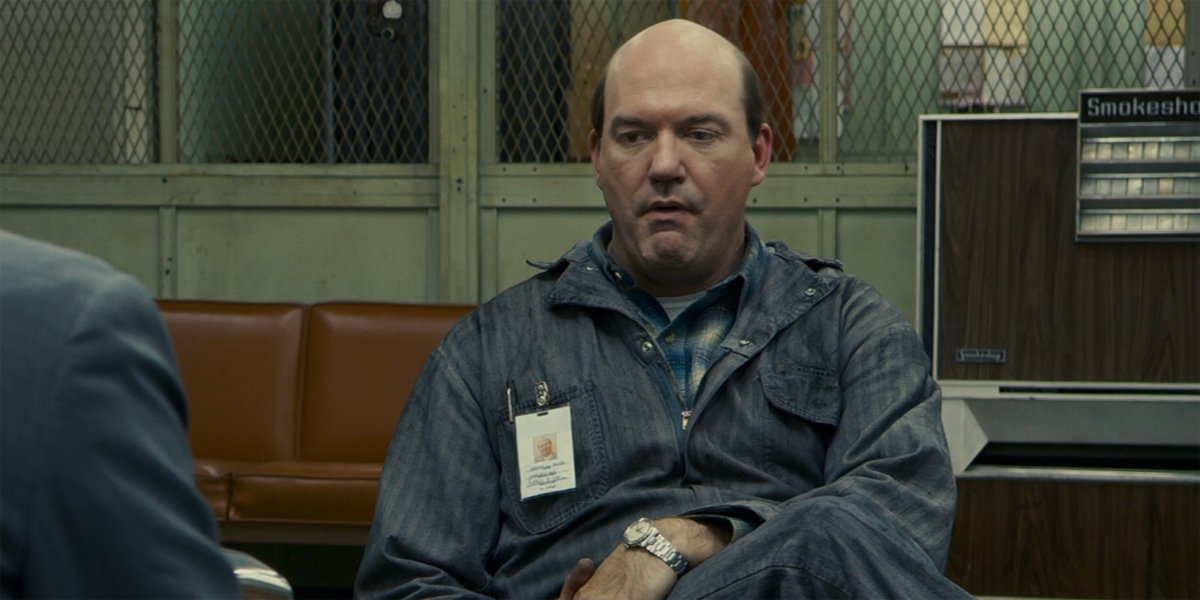
The Evidence Supporting Arthur Leigh Allen Being The Zodiac Killer
David Fincher’s Zodiac doesn’t make any kind of firm conclusions, allowing the audience to ingest the evidence showcased and make their own inferences. That being said, there is no figure in the story who has more fingers pointed at him than Arthur Leigh Allen. He may have never been charged as the Zodiac Killer, but all of the evidence dug up by Robert Greysmith certainly paints it as a realistic possibility, along with Mike Mageau’s witness testimony.
First there are the harmonious pieces of circumstantial evidence. As seen when Arthur Leigh Allen is interviewed by David Toschi, William Armstrong (Anthony Edwards) and Jack Mulanax (Elias Koteas), he not only wore a Zodiac watch – which seemed to be the inspiration for the killer’s name and symbol, but also military boots the same size as prints found at crime scenes, and also the same size gloves. Syncing up with the letters sent by the murderer, Allen also professed to being a big fan of the book The Most Dangerous Game by Richard Connell (referenced in the taunting notes), and was also known to misspell the word “Christmas” as “Christmass” (which the police learned from Allen’s own brother).
Arguably more significant than any of that, however, is the way in which Arthur Leigh Allen’s life seemed to frequently link up with the Zodiac Killer activities in the 1960s and 1970s. The first possible incident involving the murderer in Vallejo, California happened eight months after Allen was fired from his job because of child molestations. As for Darlene Ferrin, Allen lived in his mother’s basement less than 50 yards from Darlene’s place of employment, and it was confirmed that she had been seen with a strange guy named Lee.
Then there is the matter of Arthur Leigh Allen’s strange behavior after he was first interviewed by the police during the Zodiac Killer investigation. Two days after his meeting with Toschi, Armstrong, and Mulanax he moved to a different county, and letters stopped coming in for three years. As noted by Robert Greysmith, it was only after police moved away from Allen as a suspect that the letters began again – and then the letters noticeably stopped once more after Allen was arrested and sent to prison. Four years passed, but after Allen was released in 1977, the letters started again.
Altogether the evidence pointing at Arthur Leigh Allen seems solid – but there are some key holes in the case.

The Evidence Against Arthur Leigh Allen Being The Zodiac Killer
As pointed out by David Toschi in his diner chat with Robert Greysmith, the problem with building a case against Arthur Leigh Allen was that there were just enough issues to prevent a jury from convicting beyond a reasonable doubt. Circumstantial evidence doesn’t carry as much weight in a courtroom as physical evidence, and the police didn’t have anything of that nature that linked Allen to the murders. The search of his home after the initial interview turned up nothing, though it’s possible he disposed of evidence due to paranoia.
Also working against the theory were scientific findings. Prints found at the scene didn’t match Arthur Leigh Allen, and handwriting expert Sherwood Morrill (Philip Baker Hall) filed a report saying that the notes written by the Zodiac Killer didn’t match up with Allen’s penmanship. That being said, the filing notably didn’t factor in that Allen was ambidextrous, and his own protégé’s study of the same material didn’t disqualify him as the possible killer.
The legal system in America posits that every person is innocent until proven guilty, and in the case of Arthur Leigh Allen it was determined by the police that there simply wasn’t enough evidence to serve as the necessary proof. As Robert Greysmith says to David Toschi shortly before they part ways, though, “Just because you can’t prove it doesn’t mean it isn’t true.”
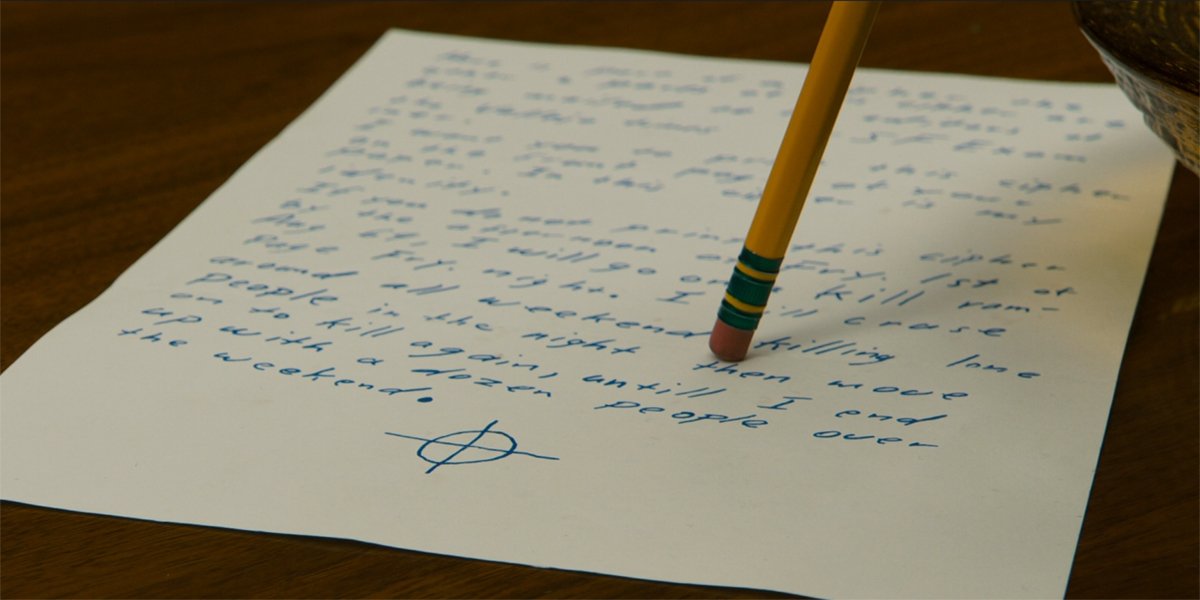
Where Things Stand With The Zodiac Killer In Real Life
Unlike David Fincher’s The Social Network, which is now begging for a sequel due to the impact that Facebook has had on society since 2010, Zodiac is a film not really needing a follow-up, as there haven’t been any real significant breakthroughs in the case since the movie was released back in 2007.
The only recent development involving the hunt for the Zodiac Killer happened in May 2018 when it was announced by the Vallejo Police Department that there were going to be efforts to try and retrieve DNA from the back of the stamps that were on the letters that he sent. The results from the efforts have not yet been made public.
Given everything has been discussed here, and your own readings of David Fincher’s film, what are your conclusions about the ending of Zodiac? Do you think that Arthur Leigh Allen was the notorious west coast serial killer? Could it have been one of the other suspects that the movie suggests, like Bob Vaughn? Answer our poll below, and hit the comments section with your thoughts, feelings, and opinions.
This poll is no longer available.

Eric Eisenberg is the Assistant Managing Editor at CinemaBlend. After graduating Boston University and earning a bachelor’s degree in journalism, he took a part-time job as a staff writer for CinemaBlend, and after six months was offered the opportunity to move to Los Angeles and take on a newly created West Coast Editor position. Over a decade later, he's continuing to advance his interests and expertise. In addition to conducting filmmaker interviews and contributing to the news and feature content of the site, Eric also oversees the Movie Reviews section, writes the the weekend box office report (published Sundays), and is the site's resident Stephen King expert. He has two King-related columns.
